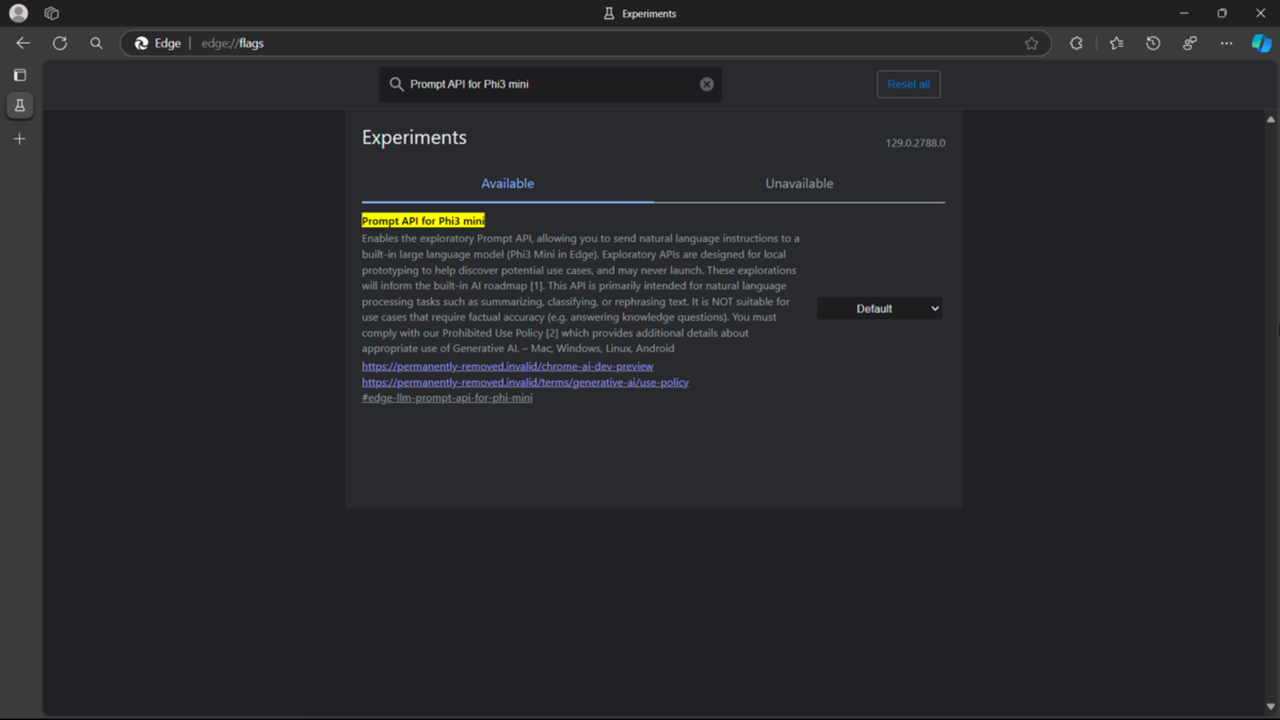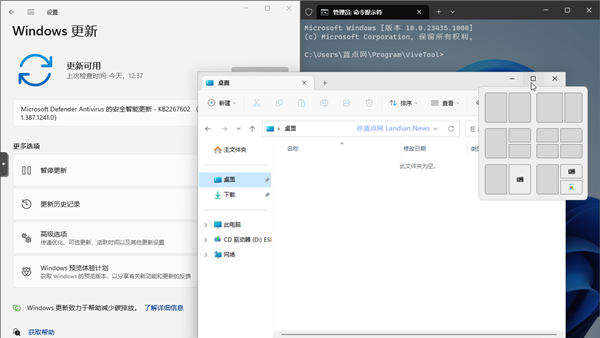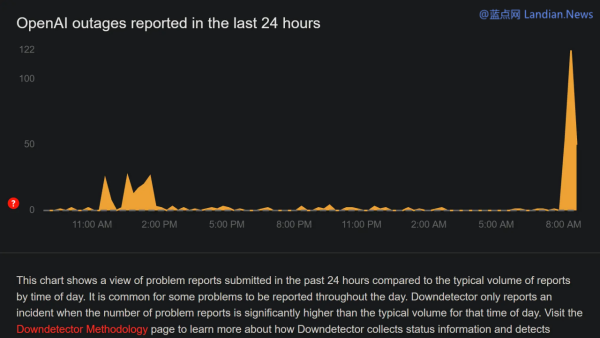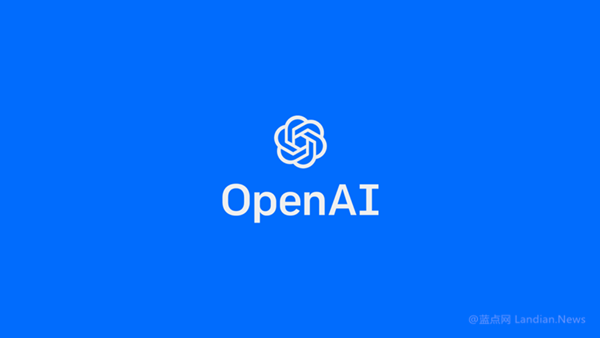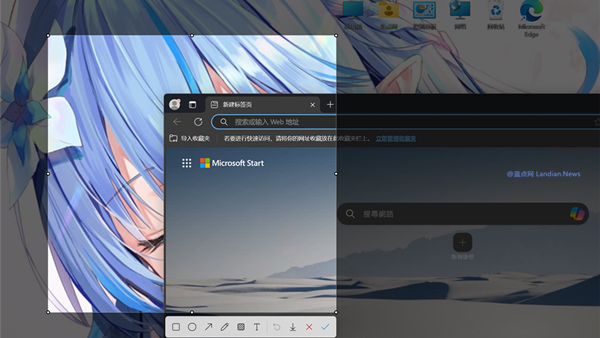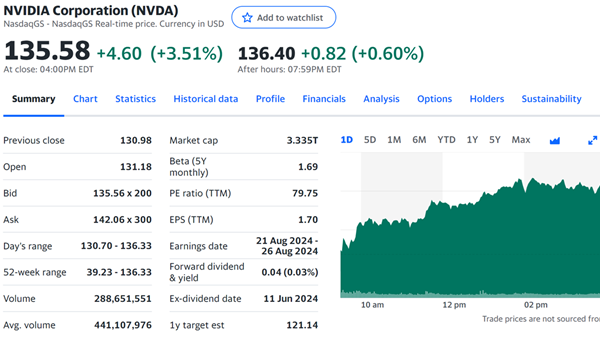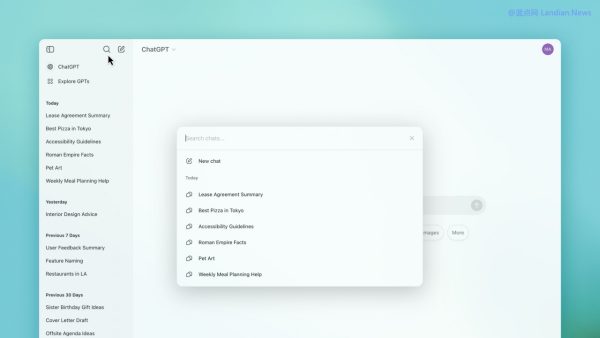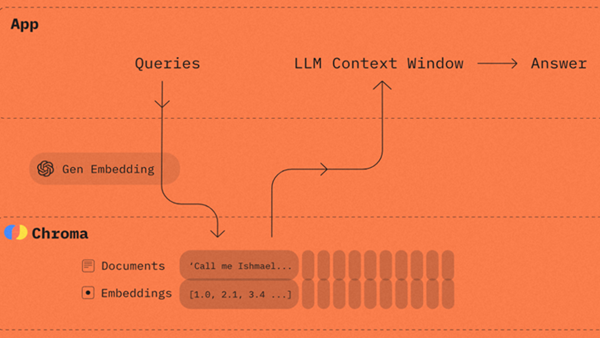Microsoft Follows Google's Lead by Integrating Local AI Model in Microsoft Edge for Offline Data Processing
Google has previously integrated a local AI model into the Chrome browser, which requires activating experimental options to download the model files. This model is developer-oriented, allowing them to create web applications that leverage the local model for more unique functionalities.
Microsoft is now emulating Google by incorporating an AI model into the Microsoft Edge browser. The model integrated by Microsoft is the Microsoft Phi-3 mini version, notable for its smaller size but still impressive capabilities.
Users of the Microsoft Edge Canary version can upgrade to the latest version and find the option at: edge://flags#edge-llm-prompt-api-phi-mini
This appears to be an API interface, thus also aimed at developers, essentially similar to the integration seen in Google Chrome with the Gemini Nano version. The functionalities provided are likely to be very similar.
The experimental option is described as:
An exploratory API designed for local prototyping to help uncover potential use cases, which may never launch (i.e., the experimental option might be removed in the future). This API is primarily used for natural language processing tasks such as summarizing, classifying, and rewriting text, etc.
However, even with this model enabled, it cannot be used as of yet since there's no actual download location for the model. Nonetheless, interested developers can download the Phi-3 Mini version from GitHub for testing and switch to the supported model once Microsoft provides support.
